
Positive peer pressure is an increasingly important concept in today's society. This is due to the widespread use of technology among children and teenagers. As young people spend more time online, the influence of their peers can become even more pronounced.
It is crucial to understand what positive peer pressure is and how it can positively impact individuals. Exploring different positive peer pressure definitions and their effects can help promote healthy and positive behaviors among young people. Read the article below to learn more.
Table of Content
Part I. The Role of Positive Peer Pressure in the Digital Age
Positive peer pressure encourages positive behavior and decision-making among individuals. It is a form of social support that helps develop positive habits. Positive peer pressure is essential, particularly in the digital age. This is because children and teenagers nowadays spend more time online.
Examples of Positive Peer Pressure
Below are examples of situations where positive peer pressure promotes healthy habits.
1. Encouraging Peers To Engage in Physical Activities
Promoting healthy habits through sports is one example of positive peer pressure. In this scenario, peers encourage one another to engage in physical activities. This way, teens can build confidence that can benefit them throughout their lives.
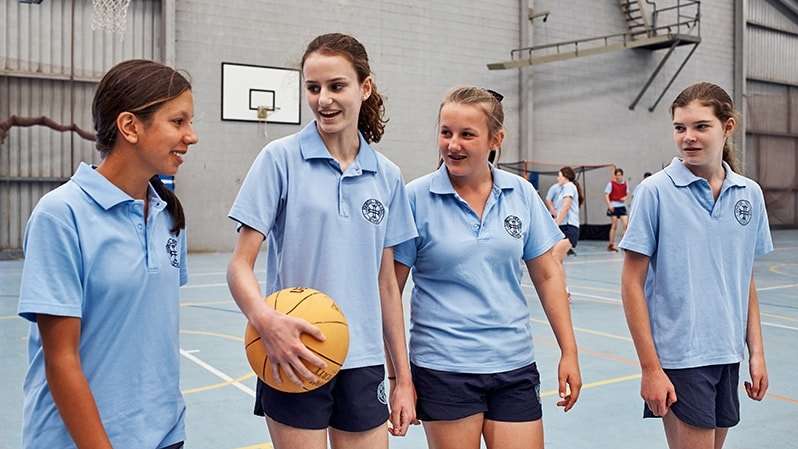
2. Encouraging Peers To Engage in Creative Pursuits
Another example is encouraging creative pursuits such as writing, drawing, or playing a musical instrument. In this case, peers support each other's artistic endeavors. In turn, it provides a positive outlet for self-expression. Positive peer pressure in creative pursuits can also foster a sense of community and teamwork. This leads to further enhancing their social skills and emotional resilience.

3. Encouraging Peers To Engage in Community Service
A third example is the promotion of community service and volunteer work. By working together for a common goal, peers can develop a sense of purpose, self-worth, and fulfillment. It can lead to increased feelings of happiness and satisfaction. It also promotes mental and emotional well-being in the long term.

Examples of Negative Peer Pressure
In contrast, negative peer pressure refers to the influence of peers to engage in harmful or risky behaviors. It can have serious consequences for an individual's well-being, both in the short and long term. Here are three examples.
1. Encouraging Peers To Engage in Substance Abuse
Negative peer pressure can take many forms, such as encouraging drug or alcohol use. In this scenario, a group of teens pressures another teen to smoke cigarettes or try drugs to fit in. This can lead to addiction and other health problems. It may also cause the teen to engage in risky behaviors to maintain acceptance within the group.

2. Encouraging Peers To Engage in Bullying
Bullying leads to a sense of social isolation and a lack of self-esteem. Bullying or other harmful behaviors toward others leads to emotional and psychological harm to the victim. It can have long-term adverse effects on the perpetrator's mental health and well-being.

3. Encouraging Peers To Engage in Academic Cheating
In this last example, a group of students pressures one another to cheat on exams or plagiarize assignments. This behavior not only puts the individual's academic future at risk but also undermines the integrity of the educational system and encourages dishonest conduct.

The Roles of Society in Encouraging Positive Peer Pressure
Parents, schools, and the community all play a role in fostering positive peer pressure. Friendships and technology have their factors as well. Parents can promote open communication and model positive behavior. Meanwhile, schools and communities can offer extracurricular activities and community service. On the other hand, friendships provide social support and encourage positive activities. Lastly, technology can promote healthy habits and volunteering.
In today's digital age, tools such as Wondershare Famisafe can be a valuable resource for parents. These apps promote positive peer pressure and protect their children from negative influences online.
Part II. How Can Famisafe Encourage Positive Peer Pressure
Famisafe is an app that can help encourage positive peer pressure. It's designed to help parents protect their kids from negative influences and promote healthy habits. With Famisafe, parents can monitor their kids' online activities and set limits on screen time. The tool can encourage positive peer pressure by promoting healthy online habits and reducing the chances of kids being exposed to negative peer pressure online.
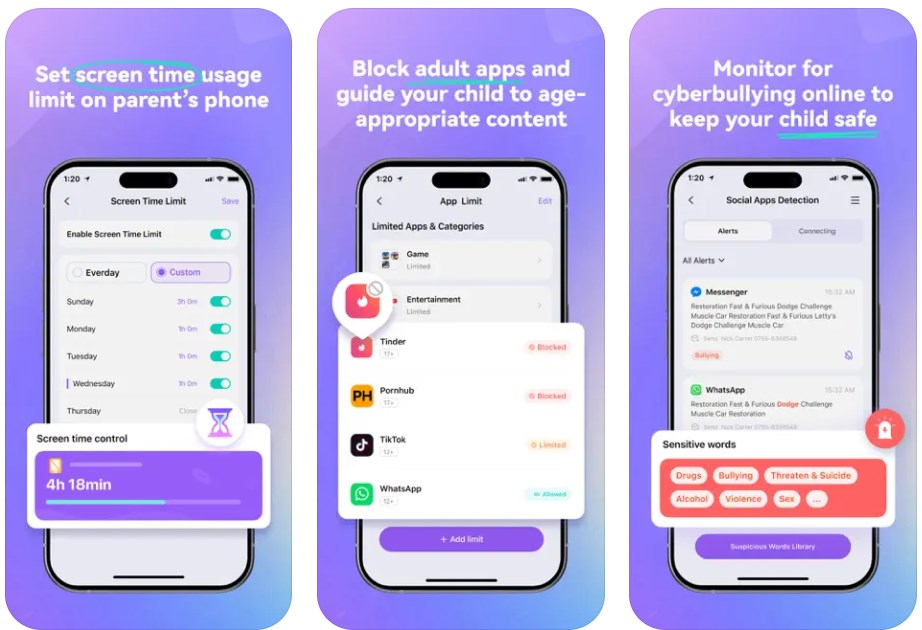
Key Features
Here are the key features of Famisafe that make it an effective tool for parents to monitor and promote positive online behavior for their children.
- App Blocker - Parents can control which apps their kids can access on their devices. This feature can help limit distractions and prevent kids from accessing inappropriate content.
- Screen Time Tracking – This feature allows parents to check how much time their kids spend on their devices and which apps. It can help encourage healthy habits and limit screen time.
- Geofencing –Set up virtual boundaries on a map. This feature lets you receive notifications when your kids enter or exit those boundaries. This can help ensure kids stay in safe areas and do not go somewhere they shouldn't be.
- Web Content Filtering – This feature filters out websites and content based on age and other criteria. It can help prevent kids from accessing harmful or inappropriate material online.
- Suspicious Text Detection – Scan messages and get alerts when it detects dangerous or unwanted content. It can help parents intervene early if their child is in a potentially harmful situation.
Pricing
For families, Wondershare FamiSafe is available in three cost-effective price plans to fit your budget:
- Monthly Plan: $10.99/Month
- Quarterly Plan: $20.99/Quarter
- Annual Plan: 60.99/Year
Reinforce Positive Peer Pressure With Famisafe
Reinforcing positive peer pressure is possible by using Wondershare FamiSafe. Here's how.
Step 1: Download Wondershare FamiSafe on your child's device and your device from the App Store or Google Play Store. Once installed, you will be prompted to create a FamiSafe account. Sign up on the website or app and log in.
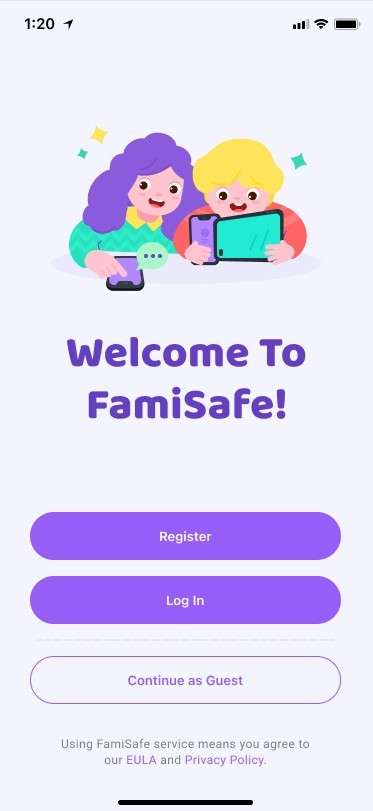
Step 2: Connect your and your children's devices with the QR or paring code by following the on-screen instructions. Next, set a PIN to protect the account. It is also needed when installing FamiSafe.
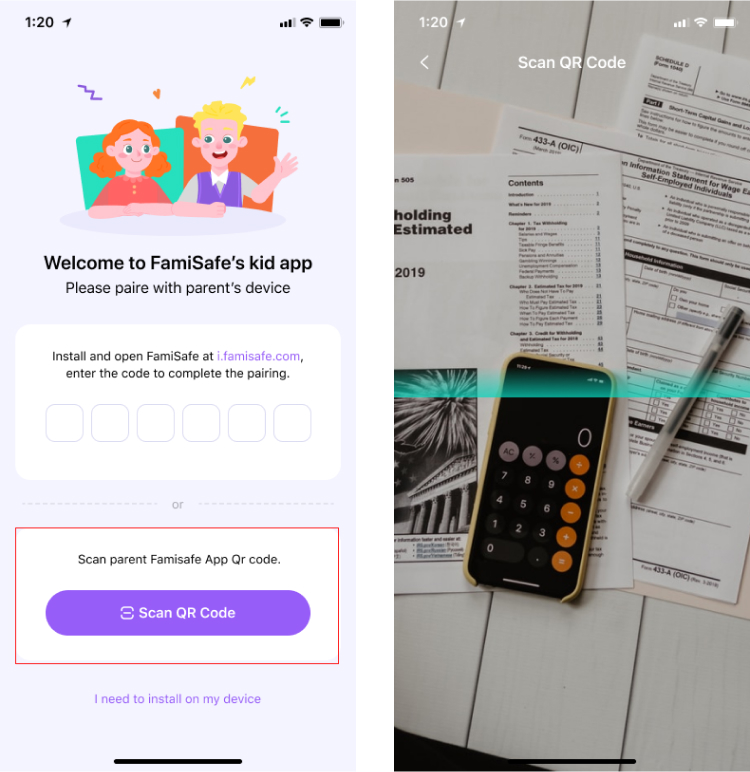
Step 3: Set up the parental controls. It includes web filtering, location tracking, screen time control, app blocker, and more. Customize these features to fit your child's needs.
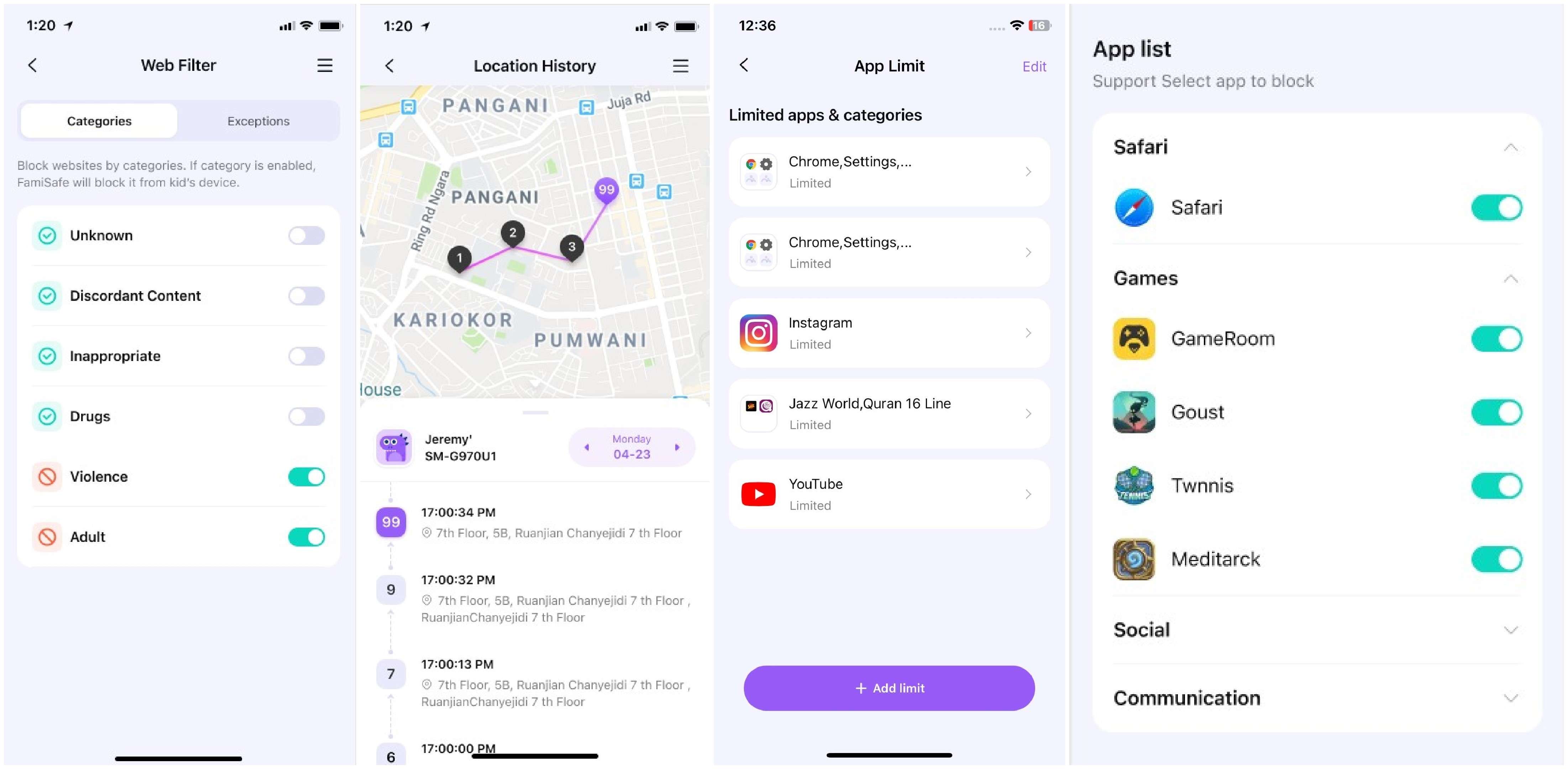
Step 4: Once the features are set up, monitor your child's activity and receive alerts if any suspicious or inappropriate activity is detected. Famisafe also provides activity reports to keep track of your child's device usage.
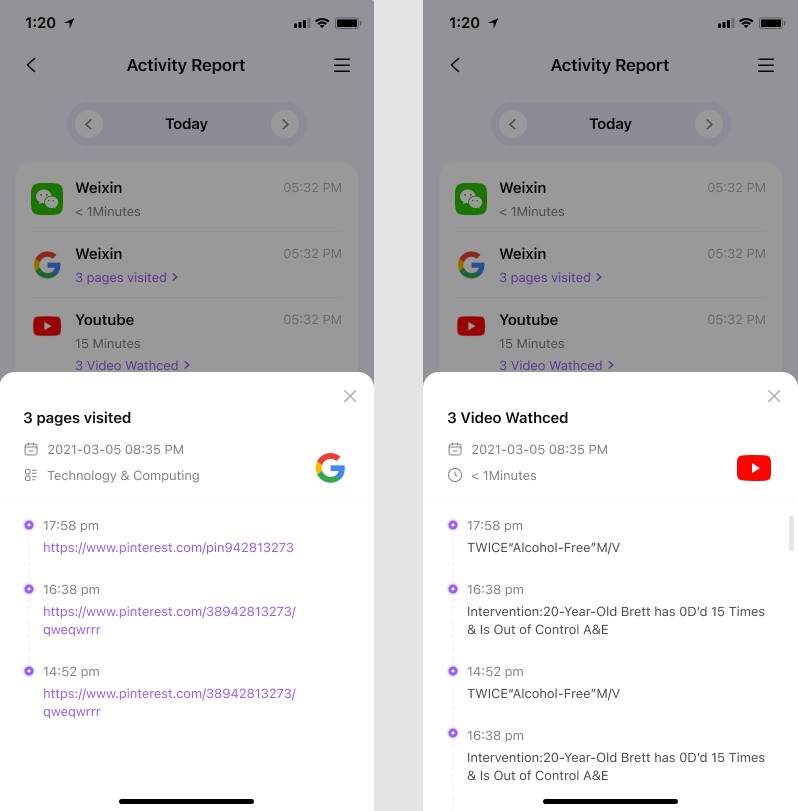
- Web Filter & SafeSearch
- Screen Time Limit & Schedule
- Location Tracking & Driving Report
- App Blocker & App Activity Tracker
- YouTube History Monitor & Video Blocker
- Social Media Texts & Porn Images Alerts
- Works on Mac, Windows, Android, iOS, Kindle Fire, Chromebook
Pros and Cons
It's important to consider both the benefits and drawbacks of using FamiSafe. Here are some of the pros and cons of using FamiSafe to reinforce positive peer pressure:
Pros
- Allows parents to monitor their child's online activities, including social media use and browsing history
- Provides tools for limiting screen time and setting usage schedules to encourage healthy habits
- Offers real-time location tracking and geofencing features to ensure children's safety
Cons:
- May undermine trust between parents and their children if not used responsibly
- Can be seen as invasive if not implemented with open communication and clear boundaries
Conclusion
Positive peer pressure can lead to healthy habits and better social skills. However, negative peer pressure can be harmful and should be handled carefully. It is important to educate children on strategies to resist negative peer pressure.
Wondershare FamiSafe can be an effective tool in promoting positive peer pressure. It can set screen time limits, monitor browser history, and block inappropriate content. FamiSafe can protect your children from negative peer pressure and encourage positive behavior.
